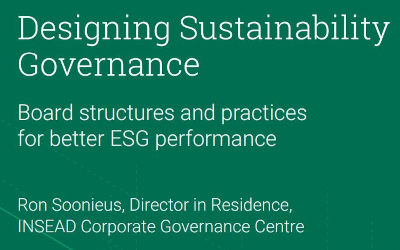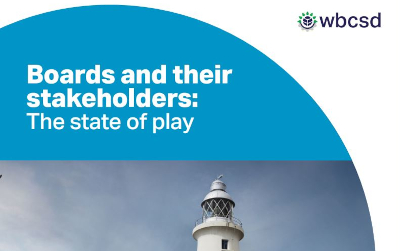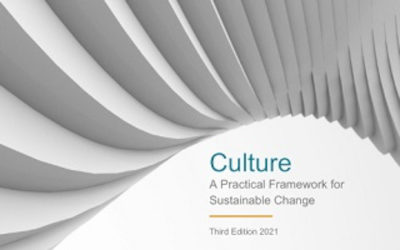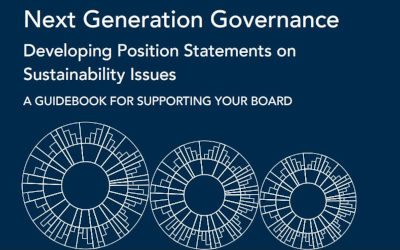
Engagement with stakeholders
Engaging with external and internal stakeholders helps the board better understand environmental, social and governance (ESG)-related issues and implement an effective company culture and corporate strategy. When considering its business model and strategy the board should consider how it creates value for a wider set of stakeholders and how that value created is aligned to the company purpose. The board in its role of oversight should look beyond the views of shareholders and consider its responsibility to understand stakeholder views firsthand to better inform boardroom decision-making.
Many companies are considering panels, committees, or stakeholder annual general meetings (AGMs) to understand these broader stakeholder views and consider how those opinions can inform the direction, strategy, purpose and sustainability of the overall company.

“Even if all you care about is making money for shareholders, how are you going to do it?
You’d better have some great products that customers want to buy that make their lives better.
You’d better have suppliers who want to make you better.
You need employees who are engaged in what they’re doing, not just collecting the check.
You need communities who want you there…
This juxtaposition of shareholders versus stakeholders is a false choice.”
“If you practice corporate governance effectively, and you practice stewardship effectively, the benefits go much wider, to the environment, the economy and to society, [and] that is something that is being recognized across the globe.”
Veolia – Critical Friends Committee
Veolia established the Critical Friends Committee in 2013 that is comprised of people from the non-profit, institutional and academic world, who are experts in social and environmental issues. It acts as an external observatory on strategic issues about social and environmental responsibility to support Veolia’s continuous improvement efforts.
In 2019, the committee of Critical Friends expanded to welcome representatives from the wider family of Veolia’s stakeholders (clients, suppliers, staff, nonprofit partners and members of the younger generations). Engaging with stakeholders, involving them in understanding, identifying and answering issues relating to sustainability helps the business to improve.
WBCSD spoke with Pierre Victoria, Sustainability Director at Veolia, to understand how their Critical Friends Committee is helping to strengthen the dialogue that Veolia has with its stakeholders.
Questions to the Board
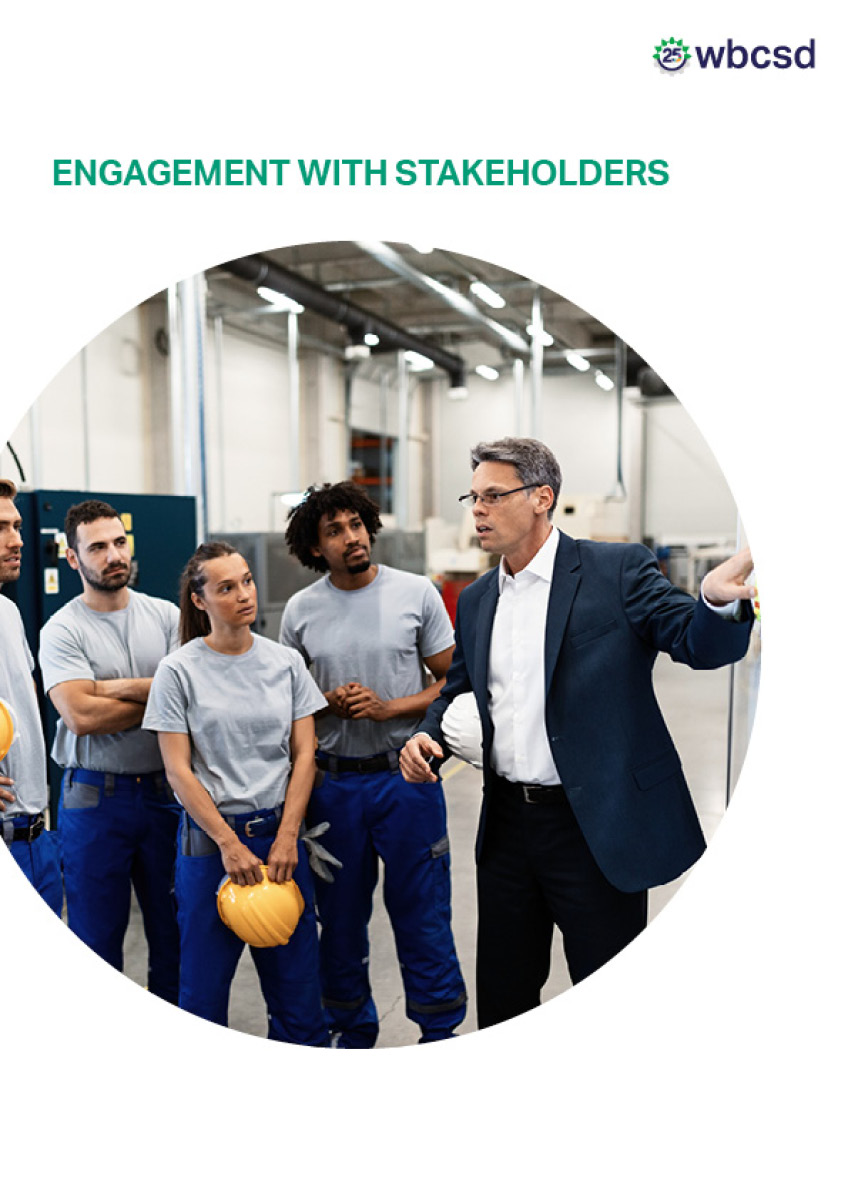
We have collated a series of questions for both board directors and executive management, designed to be used as prompts for discussion. The questions are intended to help organizations further integrate environmental and social considerations into the existing governance arrangements and decision-making processes within the organization.
There are a series of questions for the board to ask itself or consider in boardroom discussions and a series of questions for the board to collectively ask management to ensure the considerations are embedded in the business operations. Download the questions using the link below,
Case studies
Resources
We have curated a list of resources that may be useful to board directors, this is not intended to be an exhaustive list, but rather an example of further reading that can be done to enhance board awareness of key environmental, social and governance considerations.
If there are any resources that you think are missing, or that we should refer to, please do not hesitate to email us.
Designing Sustainability Governance
INSEAD Corporate Governance Initiative
Corporate Culture: How to Attain Sustainable Change
Latham & Watkins
Improving stakeholder governance
WBCSD & DNV
Boards and their stakeholders: The state of play
WBCSD & DNV
Culture – A Practical Framework for Sustainable Change
Latham & Watkins
Next Generation Governance: Developing Position Statements on Sustainability Issues
The Embedding Project
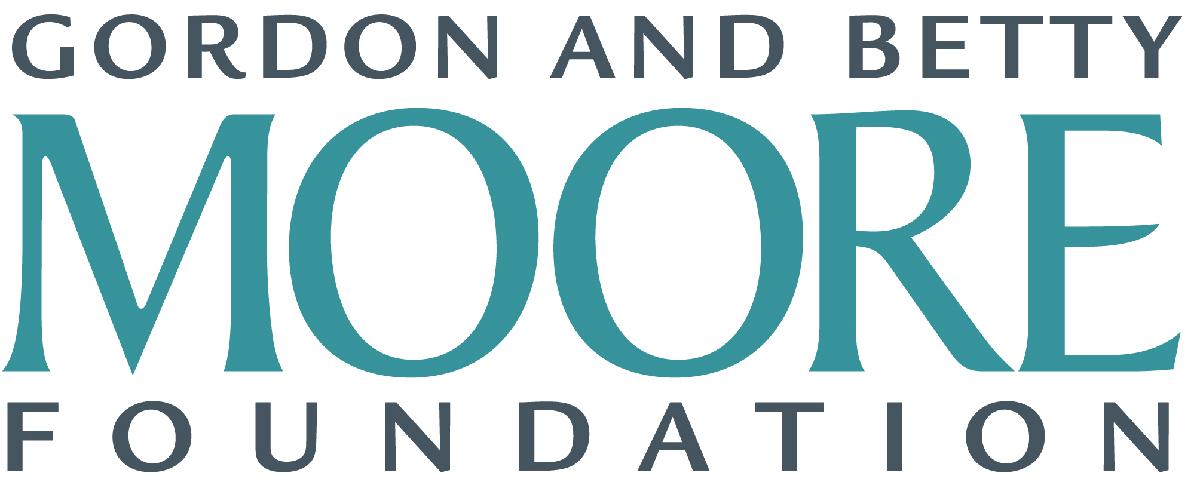
This work is funded by the Gordon and Betty Moore Foundation as part of a conservation and financial markets collaboration.
For more information, please see
http://www.moore.org/FinancialMarkets

Copyright © 2024
World Business Council for Sustainable Development
All rights reserved | Privacy Policy
